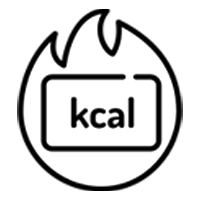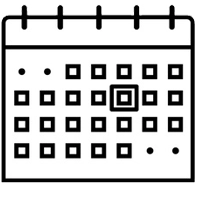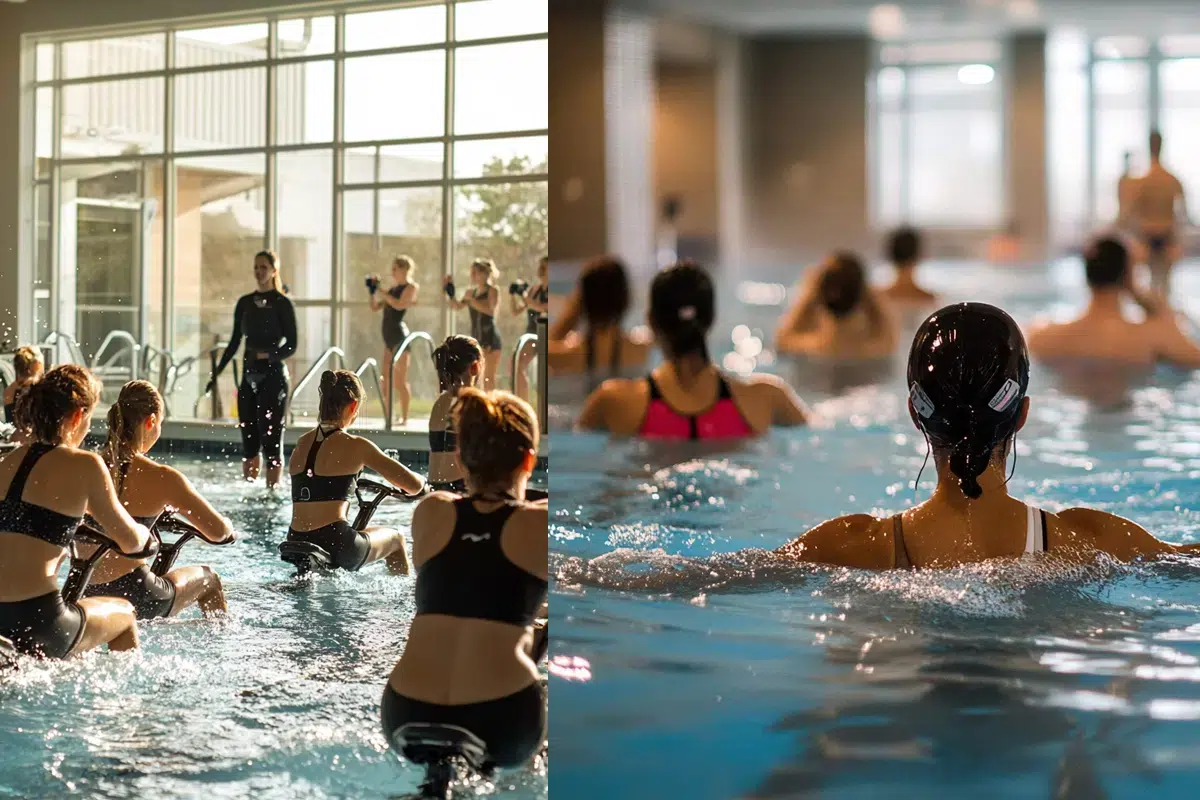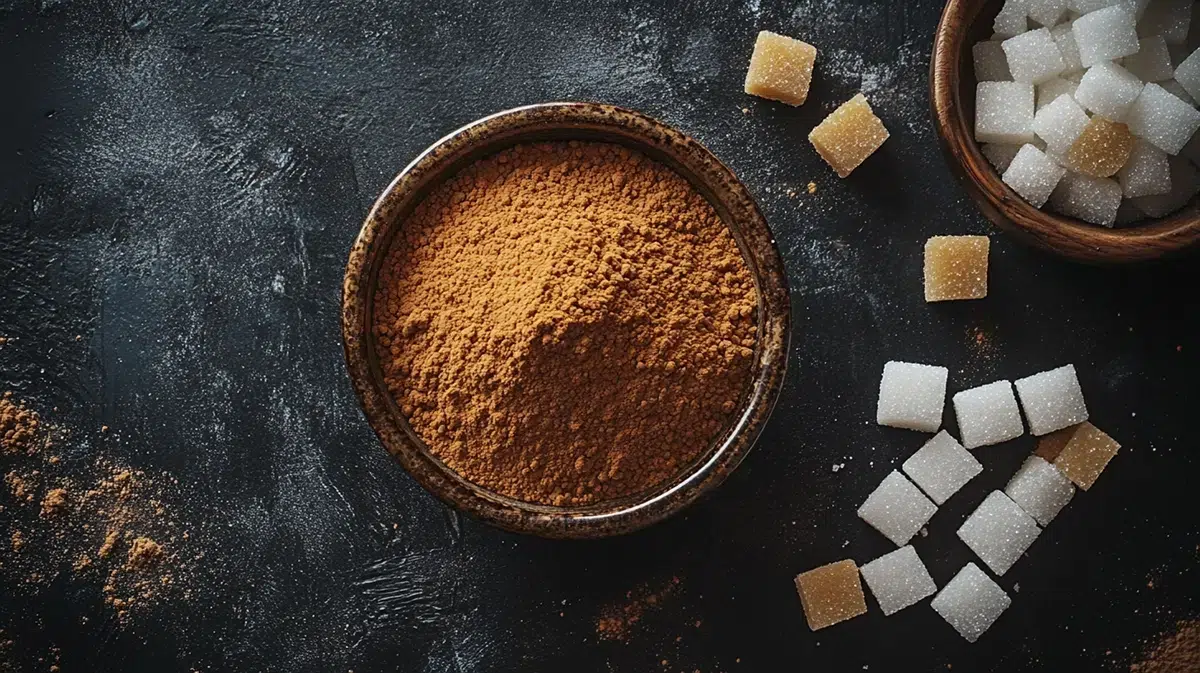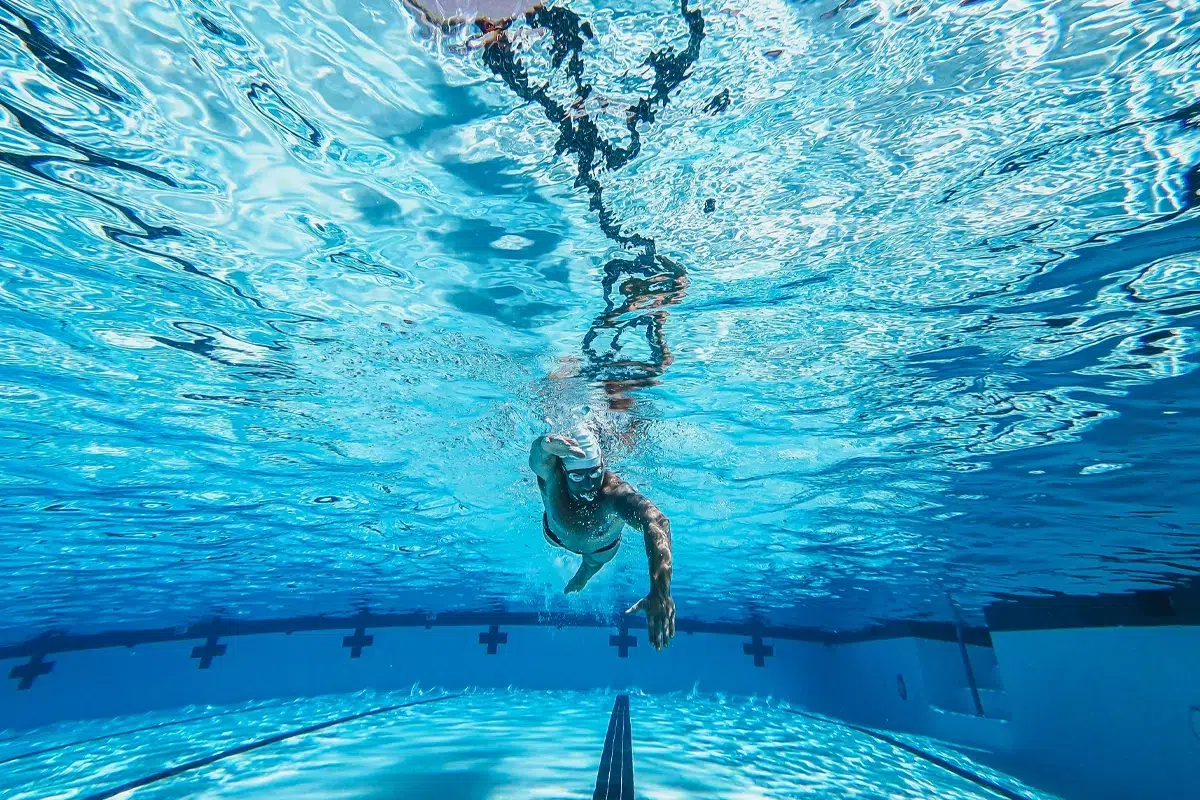Show summary Hide summary
How many calories do we burn with scuba diving?
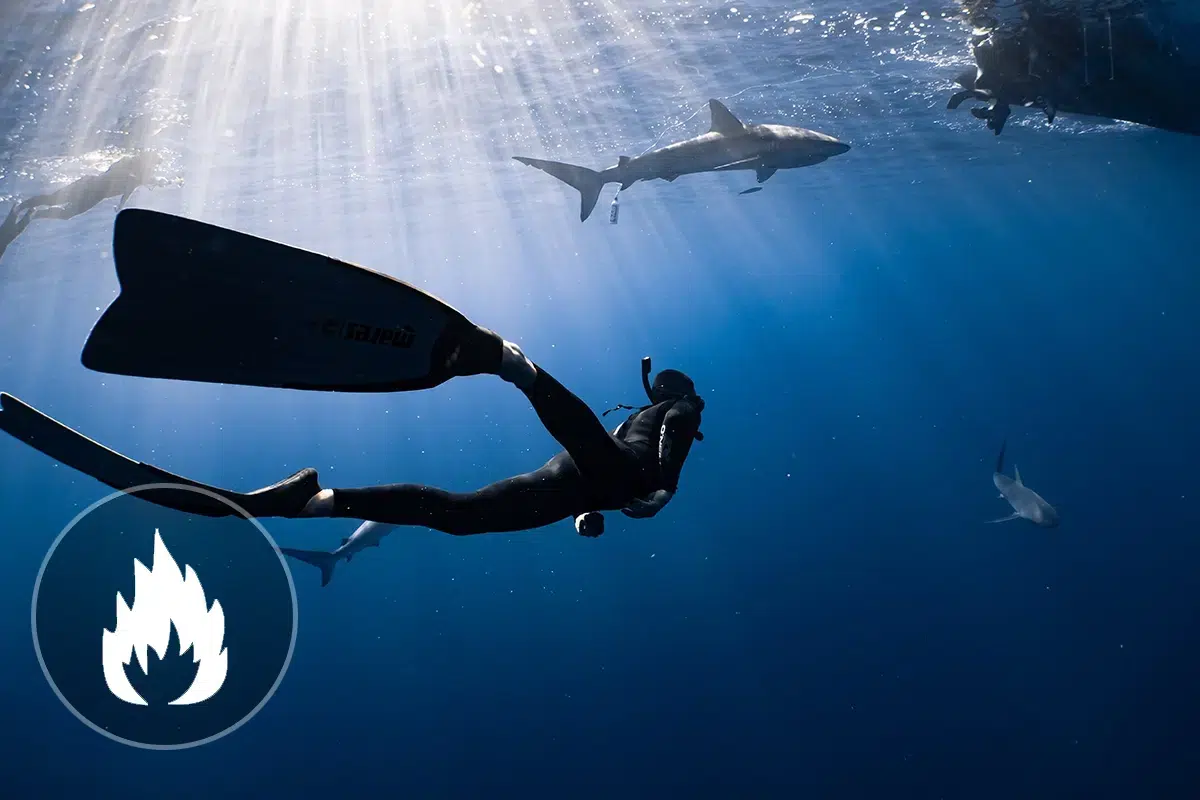
Everything you need to know about scuba diving
🤿 Wondering how many calories you burn diving for 30 minutes or 1 hour? Just input your diving time and body profile to estimate your energy use. Our calculator shows the result instantly.
Discover other REGIVIA calculators:
Scuba diving: A few examples of energy expenditure depending on weight and activity time.
Use the table below to see how many calories you lose by scuba diving!
Scuba diving
Normal intensity
Expenditure in Kilocalories
| Weight | 15 minutes | 30 minutes | 1 hour |
|---|---|---|---|
| 40 kg | 74 | 147 | 294 |
| 50 kg | 92 | 184 | 368 |
| 60 kg | 110 | 221 | 441 |
| 70 kg | 129 | 257 | 515 |
| 80 kg | 147 | 294 | 588 |
| 90 kg | 165 | 331 | 662 |
See detailed calculations and metabolic equivalent for scuba diving
Everything you need to know about scuba diving
FIND OUT MORE ABOUT SCUBA DIVING
Scuba diving can be done with tanks or by free diving, which requires you to be self-sufficient in oxygen by practising apnoea.
Scuba diving requires a certain amount of knowledge and can only be done after training to avoid the many decompression accidents associated with the pressure of great depths.
Freediving, or apnea diving, is much more accessible, as you can start with just a mask and snorkel – all you need to do is listen to your body. It’s also an ideal way to discover the seabed, even from the surface.
Some benefits of scuba diving:
- Exploring marine life: Freediving offers the chance to observe the beauty of marine life up close. As you swim along the water’s surface, you can admire colourful coral, tropical fish, turtles, rays and many other fascinating sea creatures.
- All-round physical activity: Freediving uses many of the body’s muscles, especially those of the legs, arms, trunk and shoulders. The swimming and finning movements strengthen the muscles and improve motor coordination.
- Cardiorespiratory stimulation: Freediving is an activity that requires good respiratory capacity. The physical effort associated with swimming and the need to hold your breath for short periods help to develop lung capacity and improve cardiorespiratory health.
- Relaxation and well-being: Immersion in water and the peaceful observation of marine life have a calming effect on the mind. Freediving can help reduce stress, promote relaxation and provide a sense of well-being.
- Connecting with nature : Freediving allows you to reconnect with nature and realise the importance of preserving marine ecosystems. By observing underwater life, you develop a greater awareness of the environment and a desire to protect it.
- Accessible to all ages: Freediving can be practised by people of all ages, from beginners to the most experienced. It requires no complex training and can be a fun activity to share with family and friends.
In conclusion, freediving is an activity that offers a unique experience of discovery and immersion in the underwater world. It allows you to explore the beauty of the oceans, stimulate physical activity, promote relaxation and develop a greater awareness of the marine environment. Whether on a beach holiday or a sea excursion, snorkelling is an enriching adventure for all lovers of nature and the sea.
How to calculate the number of calories burned with scuba diving
The result displayed is expressed in Kcal and is calculated using the MET (Metabolic Equivalent of Task). The MET for each activity is the result of statistical data and cannot therefore be interpreted as an exact calculation, but rather as an estimate that takes into account the MET value and the ratio between the time spent doing an activity and the weight of the individual.
For example: The MET value for scuba diving is 7, but it is clear that apnoea tends to increase this figure. This means that a person who scuba dives consumes 7 times more energy than they would at rest during their diving session (freestyle).
Discover the detailed formula to calculate your daily energy expenditure while scuba diving
Consumption in Kcal per minute = (METs*3.5*Weight in kilos)/200
This gives for a 70 kg person swimming underwater for 30 minutes:
Consumption in Kcal per minute = (7*3.5*70)/200 = 8.575 Kcal/mn
So for 30 minutes = 8.575*30 = 257.25 kcal for 30 minutes
All sports in detail!





